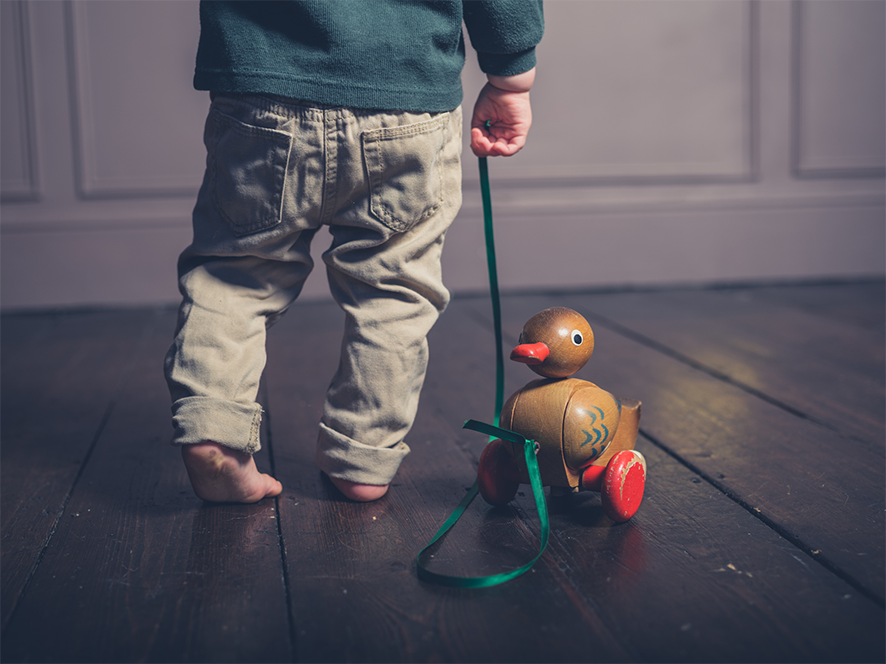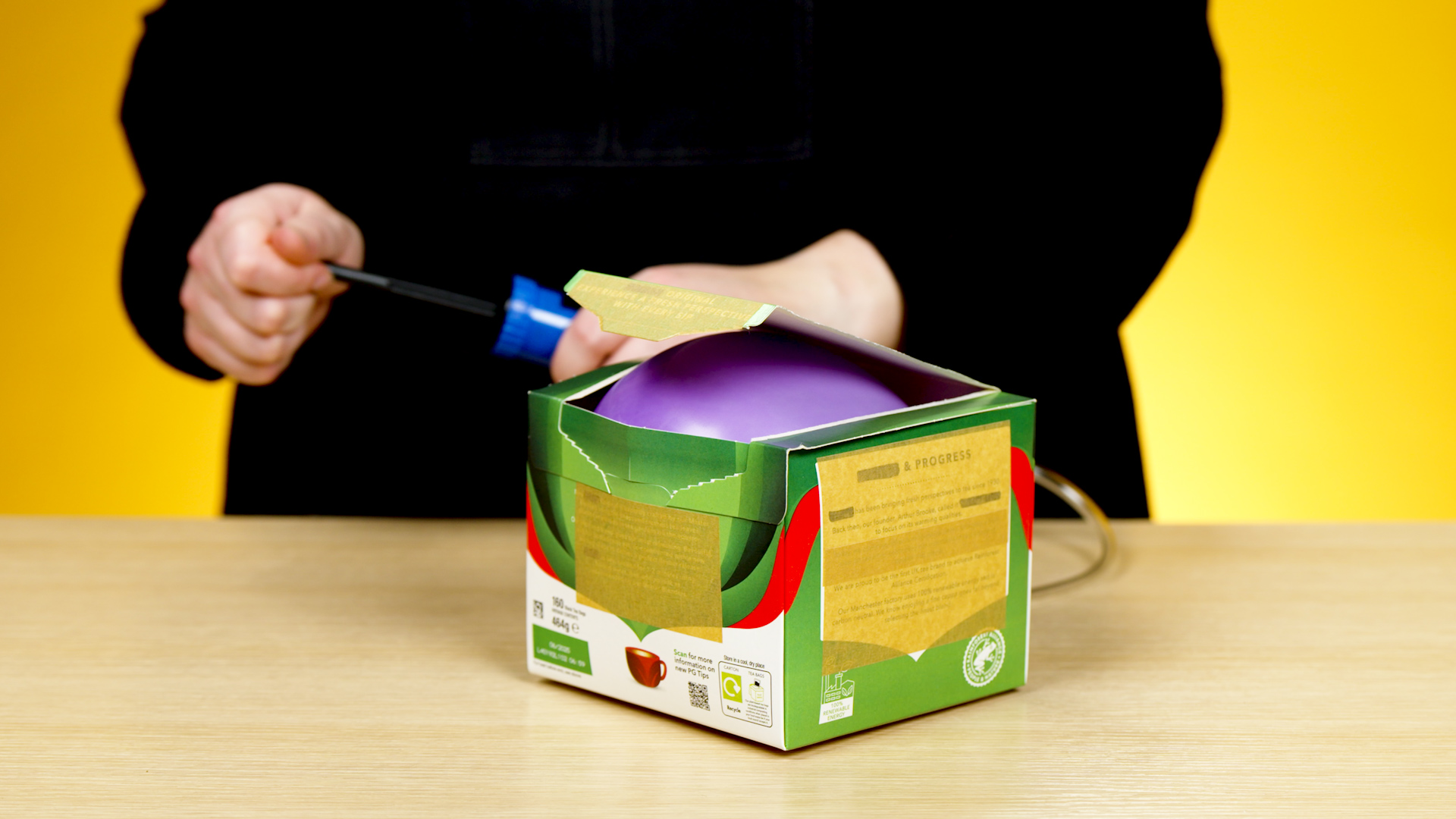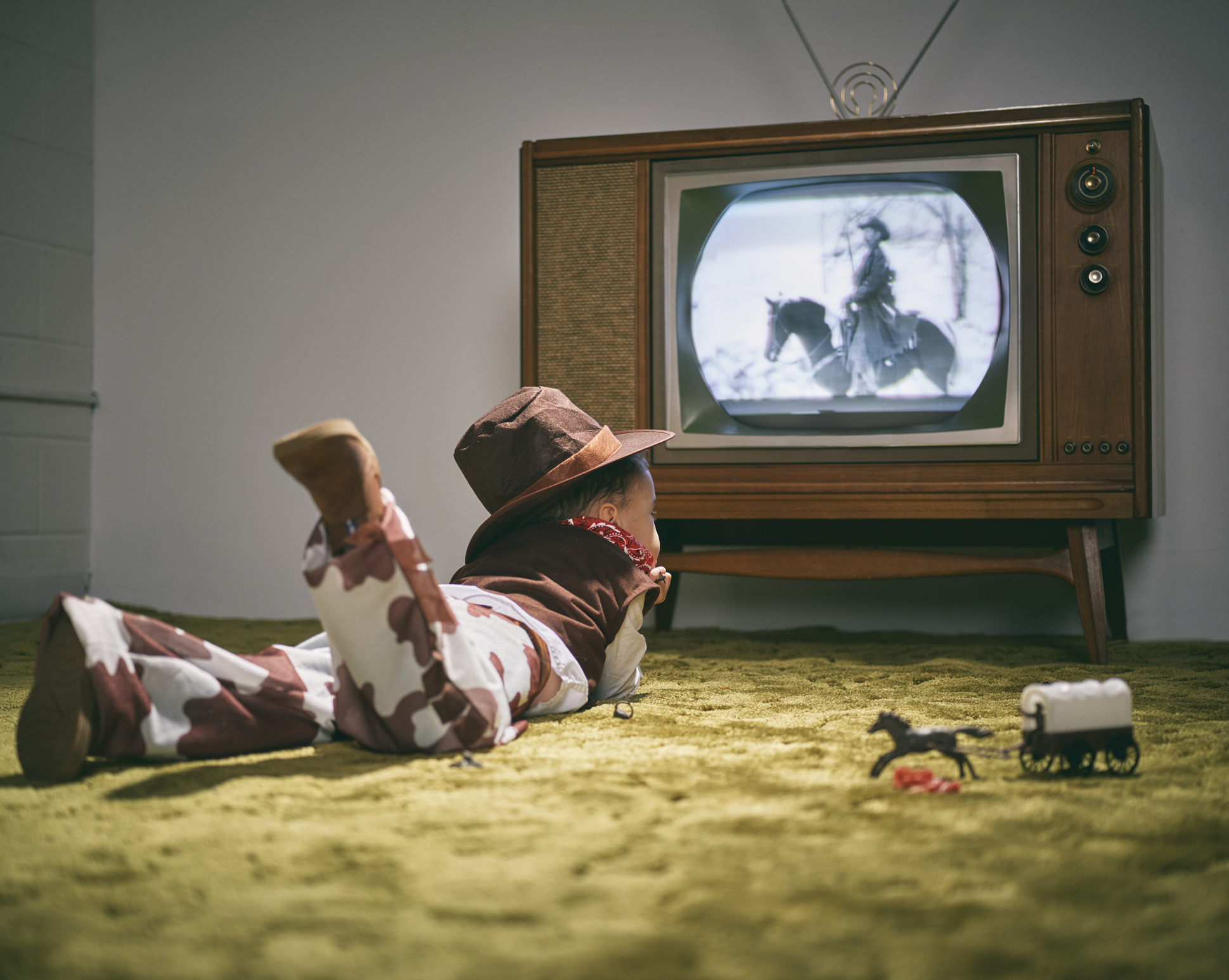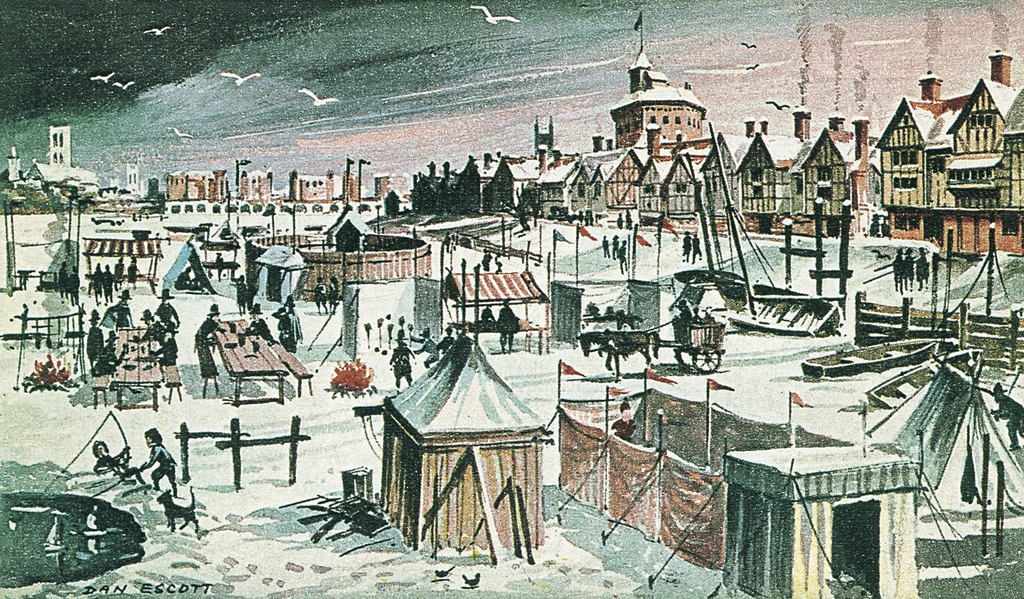Learning objective
- To investigate what toys were like up to 100 years ago.
Success criteria
- I can sort and sequence artefacts from
This content is for subscribers only. Join for access today.
National curriculum
History
The National curriculum
This content is for subscribers only. Join for access today.
Cross-curricular links
English
Spoken language
Pupils should
This content is for subscribers only. Join for access today.
Before the lesson
This content is for subscribers only. Join for access today.
Lesson plan
Recap and recall
Display the Presentation: High five! Ask the children to discuss the toys their parents and grandparents used to play with.
This content is for subscribers only. Join for access today.
Extended-mode explainer videos
How to extend your display to view the lesson page and preseantion mode simultaneously. Choose your operating system below to watch the video
If you need further support with extending your display,
please contact [email protected].
Extended-mode explainer video: For Mac
Extended-mode explainer video: For Windows
Adaptive teaching
Pupils needing extra support:
Could record their observations using an audio device in the Main event instead of sugar paper; could sequence three artefacts from different periods.
Pupils working at greater depth:
Could offer multiple ways to sort artefacts; should sequence at least six artefacts from different periods; could ask one question about each artefact.
This content is for subscribers only. Join for access today.
Assessing progress and understanding
Pupils with secure understanding indicated by: sorting and sequencing artefacts from different
This content is for subscribers only. Join for access today.
Vocabulary definitions
-
artefacts
Objects used by people in the past.
-
clue
Something that help us find out an answer.
This content is for subscribers only. Join for access today.
In this unit
Assessment - History Y1: How have toys changed?
Lesson 1: What is your favourite toy?
Lesson 2: Did your parents and grandparents play with the same toys as you?
Lesson 3: What were toys like in the past?
Lesson 4: What is similar and different about toys now and in the past?
Lesson 5: How have teddy bears changed over time?
Lesson 6: How have toys changed?





